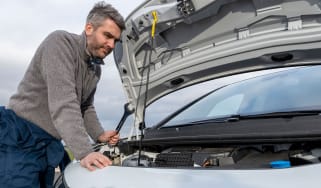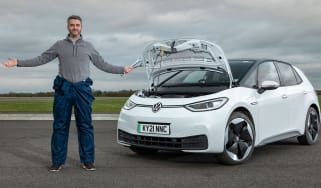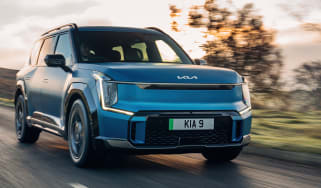What are lithium-ion batteries?
Lithium-ion batteries are found in most electric vehicles, but what exactly are they and how do they work?
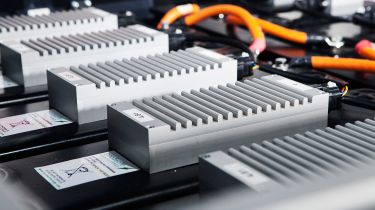
The term ‘lithium-ion battery’ is one you’ve probably come across if you’re researching or buying an electric car or a plug-in hybrid vehicle (PHEV), because it’s the most common type of battery that’s currently used. ‘Lithium-ion’ refers to the chemistry of the battery, which is frequently used in modern laptops, smartphones and other small electronic devices that require frequent charging. In fact, the lithium-ion battery cell is so widespread and important in modern society, its inventors won a Nobel Prize for their contribution.
In an electric or hybrid car, the lithium-ion battery pack holds energy that can be used to energise one or more electric motors powering the wheels. They’ve become popular, because they’re lighter, hold more energy for their size and have a longer lifespan than lead-acid batteries. However, the race is already on to find the battery chemistry of the future, including solid-state batteries, which promise even greater performance.
What is a lithium-ion battery?
A lithium-ion battery is made up of multiple lithium-ion cells. The lithium-ions from these cells move from the negative electrode to the positive during discharge (i.e. when you’re driving the vehicle) and then back again while charging. The whole process is made possible by the electrolyte.
There are several advantages that lithium-ion batteries have over conventional lead-acid or other types of batteries. They’re lighter than most other battery technologies, which makes them ideal for electric vehicles that require a large number of battery cells in order to deliver the kind of range drivers need.
They’re also very energy dense. In comparison, a typical lithium-ion battery can store 150 watt-hours of electricity in a one kilogram battery. A lead-acid battery – like the one found in normal petrol and diesel cars that operates the alternator and starter motor – can only store 25 watt-hours per kilogram.
Lithium-ion batteries can also go through hundreds of charge and discharge cycles with only a small deterioration in performance. This is vital for expensive products like vehicles, where an owner expects to be able to charge and use their car extensively over a number of years before seeing a noteworthy fall in battery performance. Many new electric cars are sold with an additional battery warranty, covering it for five years or more and guaranteeing that its capacity won’t drop below a specified level in that time – often around 70% of its figure when new.
This is unrelated to the fall in range you'll typically see as a result of cold weather, although the temperature of a battery – particularly when it's charging – does have an effect on its performance in the long-term.
It’s important to note that the lithium-ion battery in an electric vehicle isn’t a single unit, but rather is made up of multiple battery cells stacked together. The more cells, the higher the capacity of the battery is: this is measured in kilowatt-hours (kWh).
Hybrid batteries are often between five to 10kWh, rising to between 10kWh and 30kWh for plug-in vehicles. Electric vehicles can come with anywhere from 20kWh to 100kWh units, or even more in a handful of luxury models.

Generally speaking, the higher the battery capacity, the higher the range, although factors like vehicle weight and aerodynamic efficiency have an effect too. An electric car's efficiency – that is to say, the amount of distance it travels per unit of energy – is often given in miles per kilowatt-hour (mi/kWh).
Recommended
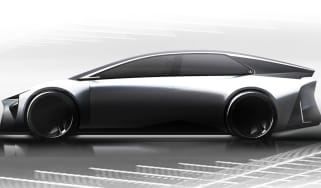
New Toyota battery tech to deliver 500-mile EVs by 2026; 750-mile ranges to come
_dhokkl.jpg)
BT announces plans to enter EV charging market
Most Popular
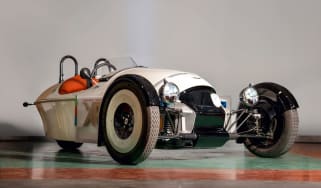
Morgan Super3 XP-1 is an electric three-wheeler
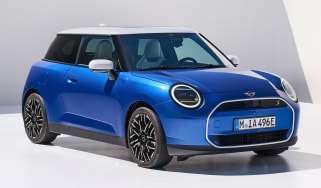
MINI Cooper Electric: pricing and specs for British-built electric supermini
